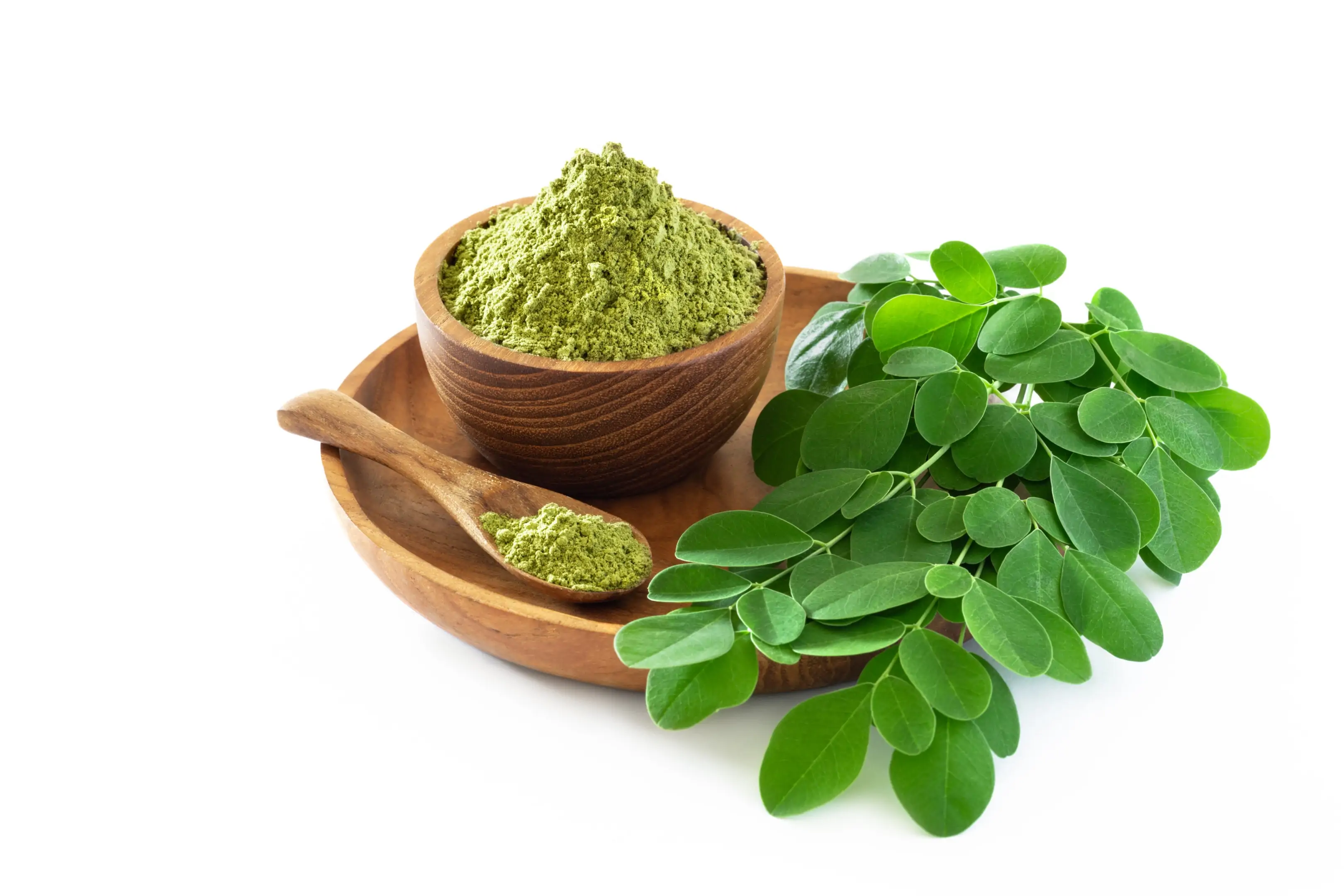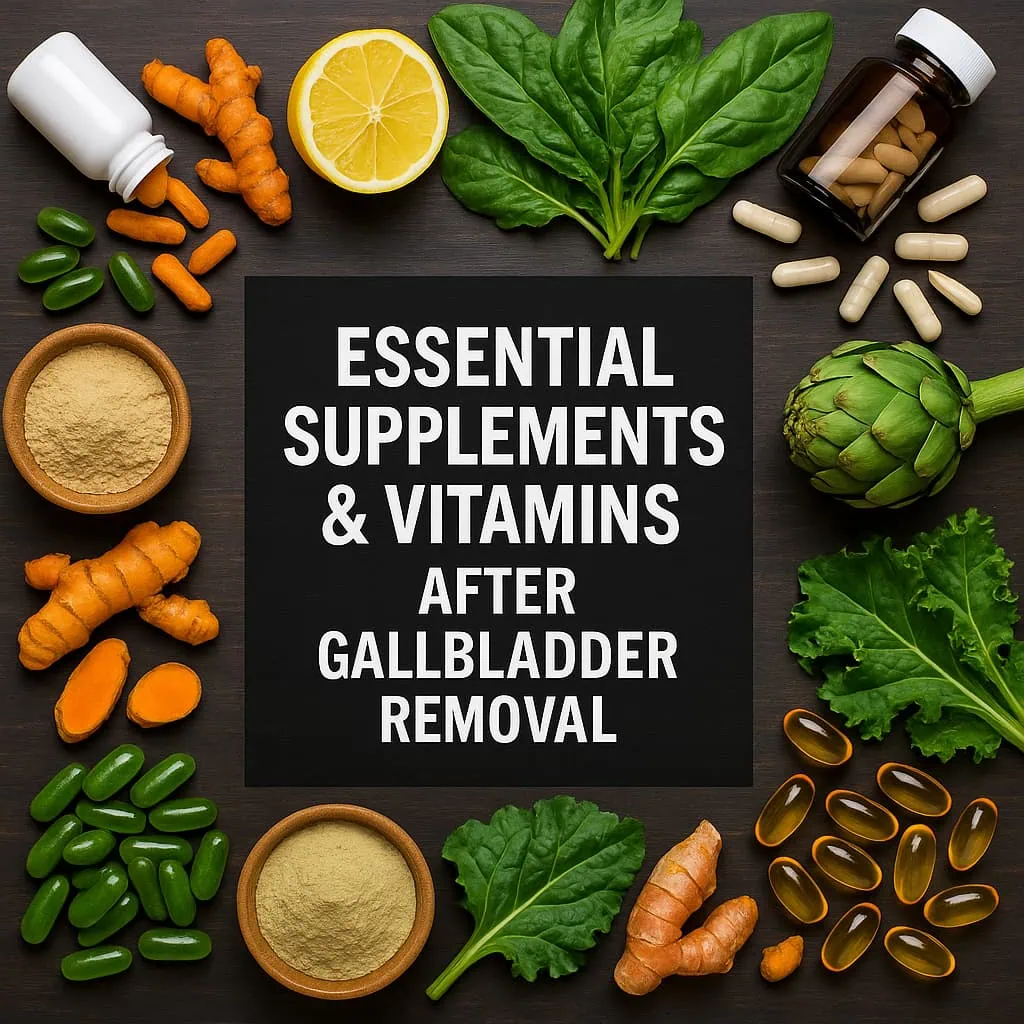If you have ever experienced redness around a bug bite or had swelling after twisting an ankle, then you have seen inflammation in action. Inflammation is the body’s built-in defense system that activates the immune system to support healing and protect against infection. While this process is important for healing, inflammation can linger for weeks, months, and even years, causing chronic inflammation.
Chronic inflammation is one of the leading causes of many health conditions in the world today including autoimmune disorders, heart diseases, and arthritis. One of the best ways to combat inflammation is to adopt a diet that does not contain certain foods that can act as ‘inflammation igniters.’ These inflammation igniters can increase the risk of chronic inflammation.
While adaptogens can offer the body numerous benefits including stress management, immune boosting, and prevention of insomnia, certain adaptogens can heighten their own effects, especially for individuals with certain sensitivities. In this guide, we will explore what adaptogens are and which adaptogenic foods can worsen inflammation.
Jump to:
What are adaptogens?
Adaptogens are natural compounds, mostly roots, herbs, or mushrooms that help the body to maintain balance and adapt to stress. They function by regulating the body’s stress response system, especially the sympathoadrenal system and the hypothalamic-pituitary-adrenal (HPA) axis. This helps the body to better adjust to environmental, physical, and emotional stressors.
Adaptogens have been used for decades in traditional medicine to calm the mind, boost relaxation, and ease stress. Several adaptogenic foods support stress regulation, boost mental clarity, and improve energy levels. To learn more about the different kinds of adaptogenic foods to consume for stress, check our guide here.
Adaptogens and inflammation
While the consumption of adaptogens is beneficial for the regulation of stress and enhancing energy levels, some adaptogens can increase the risk of chronic inflammation if they don’t suit an individual's specific health needs. Chronic inflammation can in turn lead to severe health issues such as cardiovascular diseases, neurodegenerative diseases, diabetes, digestive disorders, and autoimmune disorders.
For example, adaptogenic foods like ginseng or licorice root may worsen inflammation rather than alleviate it in an individual with hormonal imbalance or autoimmune disorder. It is necessary to identify adaptogenic foods that may trigger inflammation and seek professional advice before consuming them.
Adaptogens to skip for reduced inflammation
1. Ginseng
Ginseng is one of the most popular adaptogenic herbs and is known for its ability to boost energy levels and improve cognitive function. However, like some other kinds of adaptogens, ginseng may have side effects especially when it comes to inflammation. While ginseng is a potent immune booster, it may cause overstimulation of the immune system in certain individuals leading to an inflammatory response. These can be problematic for people with conditions like lupus, multiple sclerosis, and rheumatoid arthritis, where the immune system is already overactive.
In addition, ginseng contains compounds called ginsenosides that can influence the balance of certain hormones including cortisol. If consumed in large quantities, it may lead to an imbalance in cortisol levels. This can worsen chronic inflammation in the body.
2. Cordyceps
Cordyceps is a mushroom that has been used to treat diverse conditions in traditional medicine, such as fatigue and respiratory issues. However, it can also ignite inflammation, by interacting with certain medications, including anti-inflammatory and immunosuppressant drugs. These interactions can decrease the effectiveness of these medications or cause an inflammatory response.
Although rare, certain individuals may have an allergic reaction to cordyceps, resulting in symptoms such as swelling, rashes, or digestive discomfort. This can cause systemic or localized inflammation. The overconsumption of cordyceps may also put a strain on the kidney or liver increasing the risk of inflammation.

3. Moringa Oleifera
Moringa is often tagged a superfood due to its loaded nutrient profile and the numerous health benefits. However, Moringa can act as an inflammation igniter in some individuals. This is due to its high concentration of alkaloids, which can irritate the gastrointestinal glands leading to localized inflammation.
Although moringa possesses immune-boosting properties, these properties can often overstimulate the immune system thereby aggravating inflammation in people with autoimmune disorders. Moreover, consuming moringa in large quantities can result in digestive discomfort and inflammation due to its high concentration of compounds like saponins and phytic acid.
4. Astragalus
Even though astragalus is an immune enhancer and is beneficial for fighting infection, it might be detrimental to individuals with autoimmune diseases such as lupus. This is because it can cause overstimulation of the immune system, worsening autoimmune symptoms, and increasing inflammation.
In addition, consuming astragalus in large quantities may increase the risk of digestive discomfort, causing symptoms like bloating and diarrhea, which could lead to inflammation in the gastrointestinal tract.
5. Schisandra Berry
Another adaptogen on the list of inflammation igniters is schisandra berry. Some individuals may experience allergic reactions to schisandra berry, which can lead to inflammation. Symptoms may include swelling, skin rashes, and digestive discomfort.
Although schisandra berry supports liver detoxification, it could potentially overstimulate liver activity, especially in individuals with weakened liver function, leading to inflammation and discomfort. Schisandra berry can also have an impact on the activity of liver enzymes that are responsible for drug metabolism. This can affect the efficacy of medications, including those for inflammatory conditions.
6. Licorice root
Licorice root possesses amazing healing qualities including alleviation of digestive issues and enhancing healing. However, it can also trigger inflammation depending on how it is consumed and individual sensitivities. Licorice root contains glycyrrhizin, which can cause a mineralocorticoid effect. This can make the body lose potassium and retain sodium, leading to edema, high blood pressure, and inflammation.
Moreover, consuming licorice in large quantities can cause digestive issues such as stomach pain, bloating, and inflammation in the gut. This is particularly a concern for individuals with existing gastrointestinal issues.
7. Chaga Mushroom
Chaga is a strong medicinal fungus that possesses antioxidant properties, but it can trigger inflammation in certain situations. Chaga is loaded with oxalates, which can contribute to the formation of kidney stones and may lead to and worsen inflammation in the kidneys if consumed by individuals with kidney issues.
In some rare cases, chaga may irritate the digestive system, causing discomfort and inflammation especially when consumed in large quantities or by individuals with existing gastrointestinal issues.
Conclusion
While adaptogens are generally beneficial and can offer many health benefits, they are not universally safe. Factors like individual sensitivities and underlying health conditions can affect how the adaptogens interact with the body. Adaptogens are not one-size-fits-all, so it is important to seek professional advice before adding adaptogens to your diet to ensure that they align with your specific health needs. More importantly, remember moderation is key.

A writer passionate about wellness, nutrition, and intentional living. She creates engaging, research-based content that empowers readers to live healthier lives. Through every article, she brings clarity, inspiration, and a touch of everyday practicality. Read more about Juliana.







Comments
No Comments